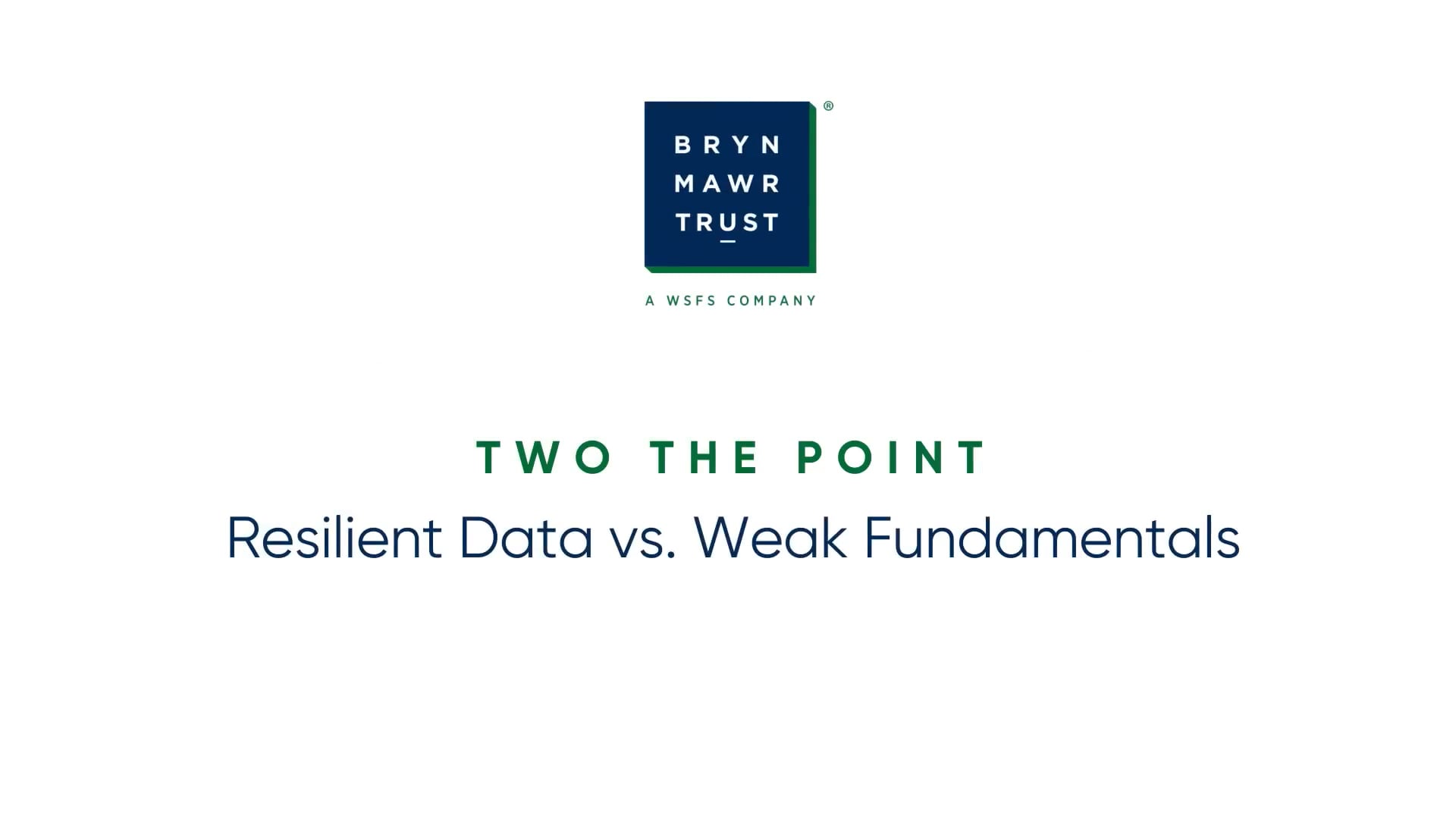Unlocking the Potential: What You Need to Know About IRC Section 1031 Like-Kind Exchanges

For those navigating the intricate world of real estate transactions, IRC Section 1031 provides a unique opportunity to defer capital gains taxes by selling property and reinvesting the proceeds in a similar property. Whether you’re a seasoned investor or a first-time property owner, understanding the nuances of Section 1031 is crucial for optimizing financial outcomes.
The Basics of Like-Kind Exchanges
Usually, when you sell a property for a profit, you owe taxes on that gain. Section 1031 provides an exception, allowing you to delay paying taxes if you reinvest the proceeds in a similar property through a qualifying like-kind exchange. This deferral mechanism can be a powerful tool in wealth-building, allowing investors to retain more of their gains for future investments.
While Section 1031 enables the deferral of taxes, it doesn’t provide a tax exemption. The tax liability is postponed until the replacement property is eventually sold, at that time all gains become subject to taxation. The one exception is if the owner passes away while still owning the investment property, and in that case, the beneficiaries inherit it on a stepped-up basis at fair market value, and capital gains tax is eliminated.
Navigating Exchanges Under Section 1031
Owners of investment and business properties, ranging from individuals to various entities like corporations, partnerships, LLCs, and trusts, can explore the benefits of like-kind exchanges. This broad eligibility opens the door for diverse participants to leverage the advantages of tax deferral.
There are multiple ways to structure a like-kind exchange and still qualify for the tax deferral. While a simultaneous exchange involves swapping one property for another, deferred exchanges offer flexibility. Investors can sell a property and subsequently acquire one or more like-kind replacement properties, or a reverse exchange allows the acquisition of the replacement property before disposing of the relinquished one.
Not all properties are eligible for like-kind exchanges, however, so care must be taken when identifying property. To qualify, both the relinquished property and replacement property must be held for business or investment purposes. While nearly all real estate falls under the like-kind category, personal property exchanges are subject to more restrictive rules. Further, identifying replacement property within 45 days of selling the relinquished property and completion of the entire exchange within 180 days is required.
Risks, Basis, and Reporting Requirements
Engaging in a like-kind exchange involves managing potential risks, particularly concerning cash or other proceeds. Taking control of the funds prematurely may jeopardize the exchange’s tax-deferred status, utilizing a qualified intermediary is crucial, and while gains are deferred you must understand the basis of the replacement property. Investors must accurately calculate and track the basis and any adjustments to ensure compliance with regulations.
IRC Section 1031 offers a strategic pathway for real estate investors to defer capital gains taxes and optimize their investment portfolios. Navigating this tax provision requires a comprehensive understanding of eligibility criteria, exchange structures, property qualifications, time constraints, and risk management. Seeking professional advice and adhering to IRS guidelines are essential to building and preserving wealth successfully with this technique.
This communication is provided by Bryn Mawr Capital Management (“BMCM” or “Firm”) for informational purposes only. Investing involves the risk of loss and investors should be prepared to bear potential losses. Past performance may not be indicative of future results and may have been impacted by events and economic conditions that will not prevail in the future. No portion of this commentary is to be construed as a solicitation to buy or sell a security or the provision of personalized investment, tax or legal advice. Certain information contained in this report is derived from sources that BMCM believes to be reliable; however, the Firm does not guarantee the accuracy or timeliness of such information and assumes no liability for any resulting damages.
Bryn Mawr Capital Management, LLC. is an SEC registered investment adviser and a subsidiary of WSFS Financial Corporation. Registration as an investment adviser does not imply a certain level of skill or training.
INVESTMENTS: NOT A DEPOSIT. NOT FDIC – INSURED. NOT INSURED BY ANY FEDERAL GOVERNMENT AGENCY. NOT GUARANTEED BY THE BANK. MAY GO DOWN IN VALUE.



